Seeing a GP 'getting more difficult'
- Published
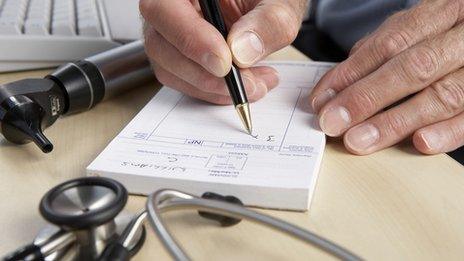
Getting to see a GP in England is getting more difficult, the official patient survey shows.
The poll of more than 900,000 patients found that, in the last two years, the proportion saying it was not easy to get through on the phone rose from 18% to 24%.
When they did get through 11% were unable to get an appointment, the Ipsos MORI poll for NHS England showed.
But overall 75% rated the experience of making an appointment as good.
When they did get to see a doctor, or for some a practice nurse, 86% said their overall experience was good.
'Waits will become normal'
It comes after the British Medical Association (BMA) warned last week that patients would face longer waits to see a GP because of a shortage of doctors and squeeze on funding.
Speaking at the BMA's annual conference, BMA GP leader, Dr Chaand Nagpaul, said waits of one or two weeks would "become the norm".
This survey does not measure that, but it does show that access is becoming a problem for a growing minority.
As well as 11% not being able to make an appointment, 8% of those getting an appointment felt it was at an inconvenient time.
When asked about out-of-hours care, which most GPs opt out of providing themselves, two-thirds rated it as good with 17% saying it was poor - up from 13% two years ago.

Analysis
By Hugh Pym, BBC Health editor
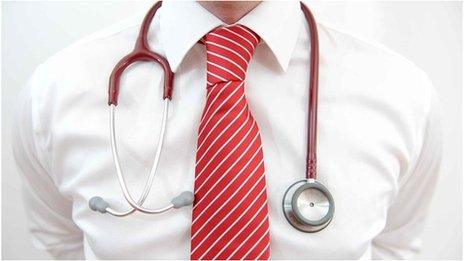
GPs argue their funding is falling
There are almost daily reminders of the pressures on general practice.
A Health Select Committee report, covering England, says more than half of a GP's consulting time is taken up with patients with long-term conditions such as diabetes and arthritis.
Some doctors complain of a struggle to keep up with the workload generated by a growing population and rising demand for services.
Now more than 900,000 patients have had their say through the NHS England GP Patient survey.
The overall degree of satisfaction remains high at around 85%. But all the main indicators show a decline in approval ratings, sometimes 5% over two years.
Access by phone to surgeries and experiences of out-of-hours services are areas where there is a significant minority of unhappy patients.
Ministers point out they have made more money available for general practice through the Prime Minister's Challenge Fund.
But there are increasing question marks over the ability of the primary care system to cope with the demands placed on it.

Missing millions
GPs argue the problem is caused by rising demands not being matched with by a corresponding rise in resources.
The number of annual consultations carried out by general practice has risen by 40 million since 2008, hitting 340 million at the last count.
Meanwhile, figures from the Royal College of GPs (RCGP) show the amount spent on practices has fallen by £400m in real terms over the last three years.
In 2012-13, £8.5bn was invested in general practice, when everything from spending on pay, IT, tests and drugs was taken into account, the RCGP research found.
That compared with £8.3bn in 2009-10, which is the equivalent of £8.9bn in 2012-13 prices.
'Majority positive'
The Department of Health has already recognised access to GPs is an issue.
It has launched a £50m Challenge Fund to extend opening hours and make greater use of technologies such as Skype and email.
More than 1,100 practices - one in eight of those in England - have signed up.
Dr David Geddes, from NHS England, said: "Overall, these results show that the majority of patients are positive about their GP services, which is testament to the hard work of GPs and their staff.
"But we need to recognise the continuing trend in what patients are telling us about access to services."
However, Shadow Health Secretary Andy Burnham warned: "It is getting harder and harder to get a GP appointment under David Cameron.
"The next Labour Government will invest £100m to help patients to get appointments within 48 hours or on the same day for those who need it."
Dr Richard Vautrey, of the British Medical Association, said the overall satisfaction results were "remarkable" considering the workload pressures GPs were under.
He added: "It is a concern that the results show signs of slipping backwards. The government must heed these early warning signs, together with the recent falling GP recruitment figures, and urgently invest in general practice."
- Published3 October 2013
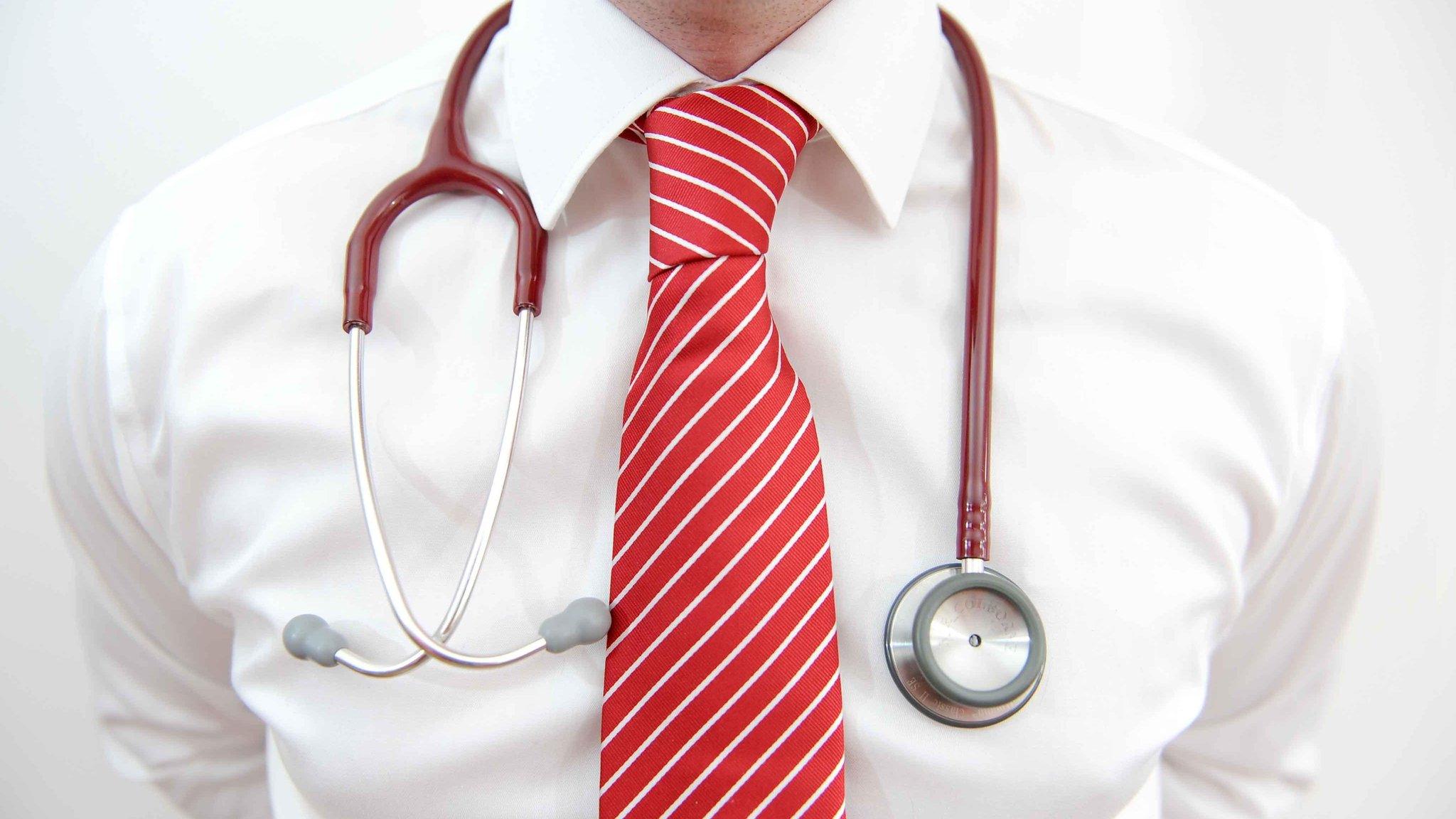
- Published25 June 2014
- Published14 April 2014

- Published24 December 2013
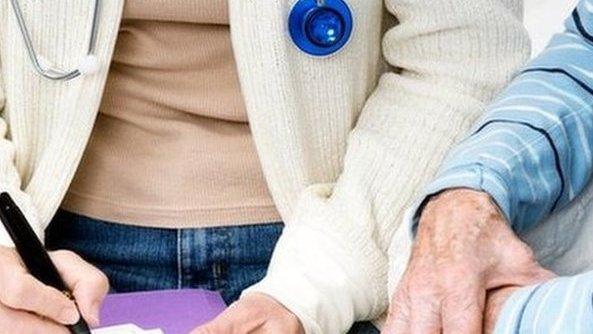
- Published1 October 2013
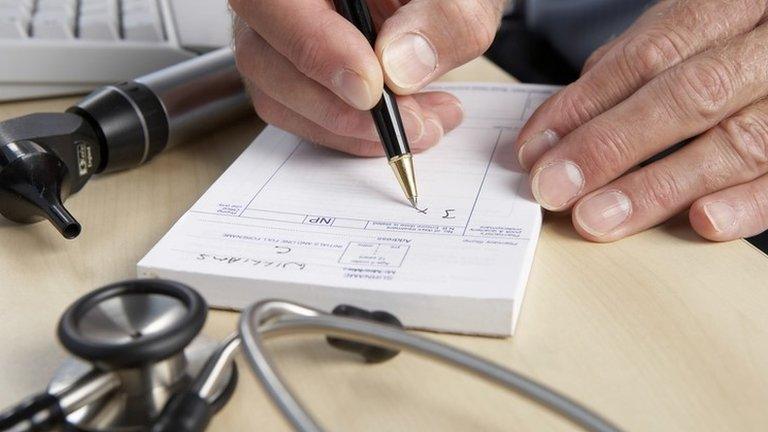
- Published1 October 2013